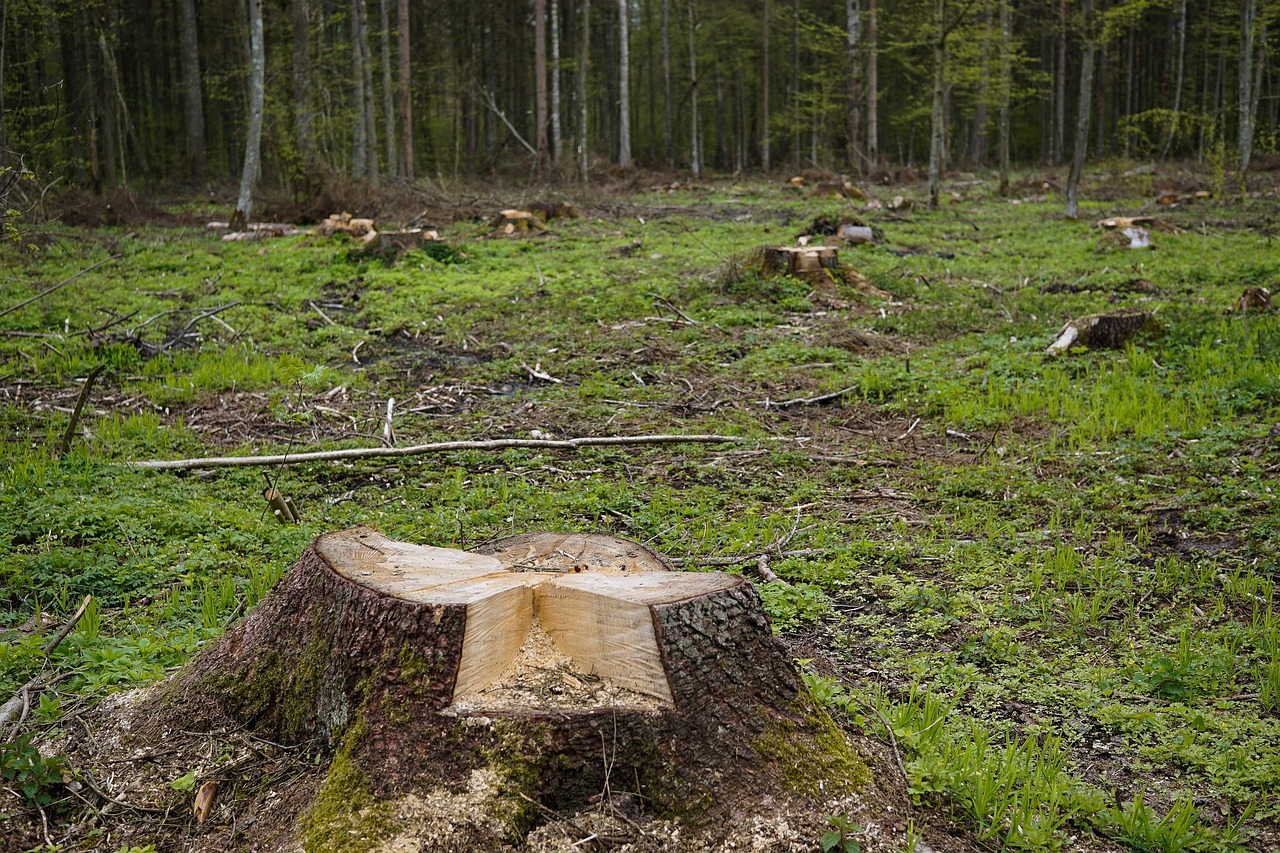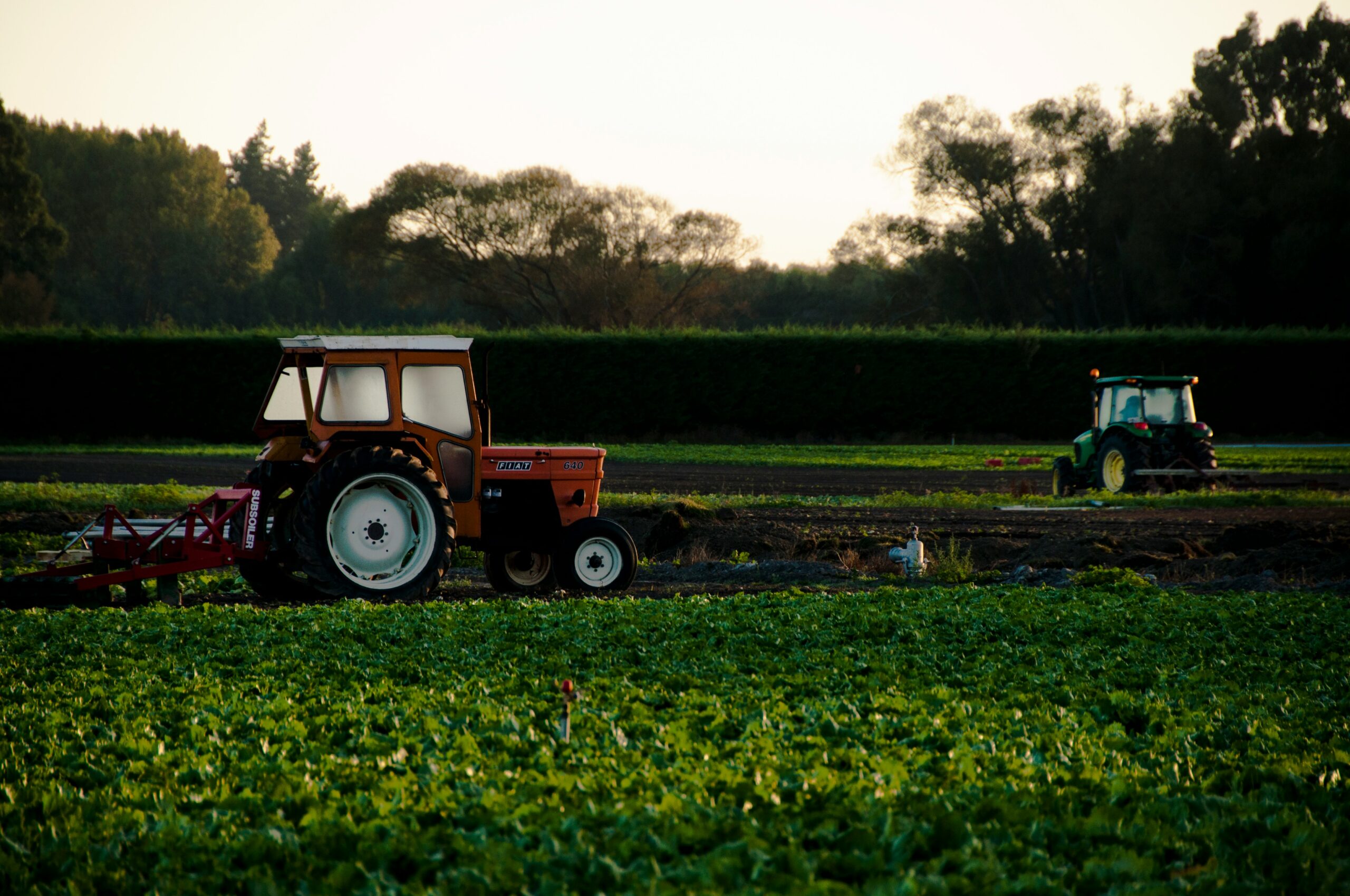The EU Deforestation Regulation (EUDR) introduces a transformative approach to global trade, requiring companies to prove that their products are not linked to deforestation. This new regulation affects a broad range of commodities, from timber and coffee to soy and beef, and mandates unprecedented levels of supply chain transparency.
Starting December 30, 2025, organizations importing or trading these commodities in the EU must demonstrate that their goods are deforestation-free, legally produced, and fully traceable to the production plot. For many businesses, this shift presents a significant operational challenge. This article explains how eudr.co helps companies meet these obligations through a digital-first approach, reducing risk and building trust across the supply chain.

What Is the EU Deforestation Regulation (EUDR)?
The EU Deforestation Regulation is a legal framework designed to eliminate deforestation and forest degradation caused by the EU’s consumption of certain agricultural and forest-based products. It introduces strict traceability and legality requirements for companies importing or selling these commodities in the EU market.
The Goal Behind the Regulation
At its core, the EU Deforestation Regulation (EUDR) is designed to prevent the import of products associated with illegal logging or deforestation. This helps eliminate the EU’s contribution to global forest loss and ecosystem degradation.
It also ensures that all relevant goods entering the EU are both legally produced and environmentally responsible. By requiring full traceability and legal compliance at the source, EUDR raises the bar for international trade practices.
Furthermore, the regulation aligns closely with the European Union’s broader climate and biodiversity objectives, including carbon neutrality and the preservation of natural habitats.
By enforcing these principles, EUDR transforms environmental sustainability from a voluntary commitment into a binding legal obligation redefining the expectations for responsible global sourcing.
Who Is Affected?
The regulation applies to “operators” and “traders” handling the following high-risk commodities and their derivatives:
- Palm oil.
- Soy.
- Coffee.
- Cocoa.
- Timber.
- Cattle-derived products (e.g., beef, leather).
- Natural rubber.
Whether you are a small trader, large importer, food processor, or manufacturer, EUDR compliance is mandatory if your goods enter the EU market. Even businesses indirectly involved such as brokers or certification bodies must align with the regulation’s standards.
What Compliance Involves
To meet EUDR requirements, companies must demonstrate that their products are deforestation-free after December 31, 2020, legally produced according to the relevant laws of the country of origin, and fully traceable down to the specific plot of land where they were grown or harvested.
In addition to these core obligations, businesses are required to submit formal Due Diligence Statements (DDS) via the EU’s TRACES-NT system, conduct and document comprehensive risk assessments, and maintain compliance records that are audit-ready and retained for a minimum of five years.
Failure to comply with any of these requirements may result in significant consequences, including financial penalties, blocked shipments at EU borders, and long-term reputational damage in the market.
Why EUDR Compliance Is Urgent and Complex
Meeting EUDR obligations is not simply a matter of submitting documents. It requires robust data infrastructure, coordinated supply chain processes, and deep insight into sourcing practices all under tight regulatory timelines.
The complexity stems from several factors:
- High volume of required data, including geolocation and legal documentation.
- Global supply chains involving smallholder farms and fragmented producers.
- Language barriers, inconsistent record-keeping, and legacy systems.
- Risk analysis and mitigation procedures that require up-to-date intelligence.
These challenges are further magnified by the December 30, 2024 enforcement deadline. For small and medium-sized traders, some obligations are deferred until June 30, 2025, but the need to act early remains critical. Manual tracking methods like spreadsheets or ad hoc document storage simply won’t scale.
EUDR also shifts the legal burden to companies. Authorities no longer need to prove wrongdoing; businesses must proactively prove compliance. This reversal makes structured due diligence essential, not optional.
How eudr.co Simplifies EUDR Certification
Eudr.co offers a purpose-built platform that turns complex EUDR compliance into a streamlined, automated process. By integrating digital tools, geolocation services, and blockchain-backed record-keeping, it supports end-to-end certification workflows.
End-to-End Compliance Workflow
The eudr.co platform guides users through the entire EUDR compliance journey with clarity and precision. It starts by mapping products and suppliers across all tiers of the supply chain.
Then, it facilitates the collection and validation of plot-level geolocation data, ensuring traceability to the exact origin of each commodity.
Risk assessments are conducted using real-time environmental and legal indicators, helping companies proactively identify and address areas of concern.
The platform also automates the creation and submission of Due Diligence Statements (DDS) directly through the EU’s TRACES-NT system.
Finally, all compliance documentation is securely stored in a tamper-proof environment, ensuring companies are fully prepared for audits at any time.
Platform Features
The strength of eudr.co’s platform lies in its technological depth and user-oriented flexibility.
Key features include:
- Integrated Geographic Information System (GIS) with satellite data analysis.
- Blockchain-secured data storage for tamper-proof compliance records.
- Auto-generated DDS templates to streamline paperwork.
- Real-time dashboards and compliance alerts.
- Seamless integration with ERP and supply chain tools.
- Flexible data input: manual entry, batch uploads, or API.
What Makes eudr.co Different
Unlike general compliance tools or consulting-only solutions, eudr.co is designed specifically for EUDR readiness. It combines legal understanding, supply chain logic, and digital automation in one unified platform.
Built for Real Supply Chains
The platform is adaptable to complex operational environments. It is compatible with both multinational corporations and small cooperatives.
It also supports multilingual collaboration with suppliers across different tiers and accepts various data input formats, including manual entry, bulk CSV uploads, and direct API integrations.
Additionally, it works seamlessly with supply chains involving multi-origin sourcing and complex processing paths. This flexibility ensures that businesses of all sizes and industries can transition to EUDR compliance without disrupting operations.
Designed for Long-Term Compliance
EUDR is only the beginning of a broader shift toward ESG-driven regulation, and eudr.co is designed with long-term compliance in mind.
The platform:
- Aligns with upcoming EU regulations, including the Corporate Sustainability Reporting Directive (CSRD) and the Sustainable Finance Disclosure Regulation (SFDR).
- Includes built-in updates to keep pace with evolving legal frameworks.
- Scales easily across new commodity lines, product categories, and jurisdictions.
With eudr.co, compliance isn’t just a box to check it becomes a strategic asset that supports your ESG goals and future business growth.
Accuracy, Integrity, Trust
The system emphasizes data reliability at every stage. It ensures full traceability across all actors in the supply chain and uses blockchain-backed documentation to prevent tampering.
The platform also provides transparent tools that allow buyers, certifiers, and auditors to independently verify compliance.
This level of trust is critical in high-stakes, cross-border trade and plays a significant role in strengthening a company’s reputation in ESG-sensitive markets.

Who eudr.co Helps: Tailored Solutions for Every Role
The eudr.co platform is designed to serve multiple stakeholders, each with unique needs and compliance responsibilities.
- Importers, exporters, and traders can automate DDS generation, verify supplier data, and track risk assessments in real time.
- Agricultural producers and cooperatives can upload farm geolocation and legal documents, responding quickly to buyer requirements.
- Food, beverage, and timber brands benefit from supply chain-wide traceability, helping them meet both EUDR and internal sustainability goals.
- Certification bodies and auditors gain secure access to immutable data for independent verification and risk reviews.
- Retailers and distributors remain audit-ready and transparent without disrupting inventory and procurement processes.
Whether you’re managing a single commodity or a multi-tiered international supply network, eudr.co adjusts to your structure and scale.
Real-World Example
A European cocoa importer faced the challenge of verifying compliance for over 500 smallholder farms in West Africa. Traditionally, collecting GPS data and conducting thorough risk assessments would have required months of labor-intensive effort.
Instead, the company turned to the eudr.co platform. Using satellite mapping tools, they quickly pinpointed farm locations and verified land-use history to ensure alignment with deforestation thresholds.
Due Diligence Statements were generated and submitted automatically via TRACES-NT, dramatically shortening the compliance cycle.
The result was a 70% reduction in preparation time, uninterrupted access to the EU market, and a significant decrease in risk exposure.
Most importantly, the company preserved its reputation and avoided potential penalties by demonstrating full compliance ahead of the regulatory deadline.
Common Pitfalls in EUDR Compliance: How to Avoid Them
Many companies entering the EUDR compliance process underestimate its complexity, which can lead to serious gaps. A frequent issue is the submission of incomplete or inaccurately captured geolocation data, which fails verification checks.
Others place too much confidence in certifications such as FSC or PEFC, assuming these are sufficient, while neglecting the mandatory due diligence obligations under EUDR.
Internal silos and poor coordination across departments or with supply chain partners further complicate compliance efforts. Additionally, some businesses rely on outdated tools like static spreadsheets, which are ill-suited for tracking dynamic, real-time supply chain data.
Eudr.co addresses each of these challenges by providing automation, structured workflows, and integrated systems that ensure accurate data collection, traceability, and audit-readiness.
With the eudr.co platform, companies can stay ahead of compliance requirements, reduce the risk of penalties, and lower operational costs associated with manual processes.

Take Action Now: Your EUDR Compliance Roadmap
EUDR enforcement begins in December 2024, and compliance is not a one-click task. It requires careful preparation and coordination across your organization and supply chain.
Key steps include:
- Onboarding your suppliers and ensuring their readiness.
- Aligning internal systems and processes with EUDR requirements.
- Gathering and validating geolocation data for all affected products.
- Preparing documentation for Due Diligence Statement (DDS) submissions.
These actions take time and resources, but starting early is key.
Eudr.co helps you get ahead with a complete digital toolkit and expert guidance. Don’t wait until deadlines loom. Start by mapping your supply chain, identifying data gaps, and automating key workflows. The earlier you act, the smoother your path to compliance.
Conclusion
The EU Deforestation Regulation signals a decisive shift in global supply chain expectations. Businesses can no longer rely on outdated processes or passive documentation. They must demonstrate clear, verifiable evidence that their products are sourced legally and sustainably.
Eudr.co empowers companies to meet this challenge head-on through automation, traceability, and data integrity. By adopting a digital-first approach, organizations not only comply with EUDR but also gain a competitive edge in responsible sourcing.
For professionals navigating complex international trade, the time to act is now and eudr.co is ready to support every step of the journey.
FAQ
1. What is the EU Deforestation Regulation (EUDR)?
The EUDR is a regulation requiring companies to ensure that certain products imported into the EU are not linked to deforestation and are legally produced. It mandates geolocation traceability and documented due diligence.
2. Who needs to comply with EUDR?
Any business that imports, trades, or processes regulated commodities like timber, soy, cocoa, or beef in the EU must comply, including both large corporations and small traders.
3. When does EUDR enforcement begin?
EUDR compliance becomes mandatory on December 30, 2025. Small and medium-sized traders may have extended obligations until June 30, 2025.
4. Is FSC or PEFC certification enough for EUDR compliance?
No. While helpful, third-party certifications alone do not meet EUDR’s due diligence requirements. Companies must conduct their own assessments and submit Due Diligence Statements.
5. What is a Due Diligence Statement (DDS)?
A DDS is a formal declaration submitted through the EU’s TRACES-NT system confirming that the product meets all EUDR criteria, including being deforestation-free, legal, and traceable.
6. How does eudr.co help with EUDR compliance?
Eudr.co provides a digital platform that automates key compliance steps, including supply chain mapping, geolocation verification, DDS generation, and audit-ready data storage.
7. Can eudr.co work with our current ERP or supplier systems?
Yes. The platform is designed to integrate with existing enterprise tools via API, CSV upload, or manual entry, ensuring minimal disruption during adoption.
